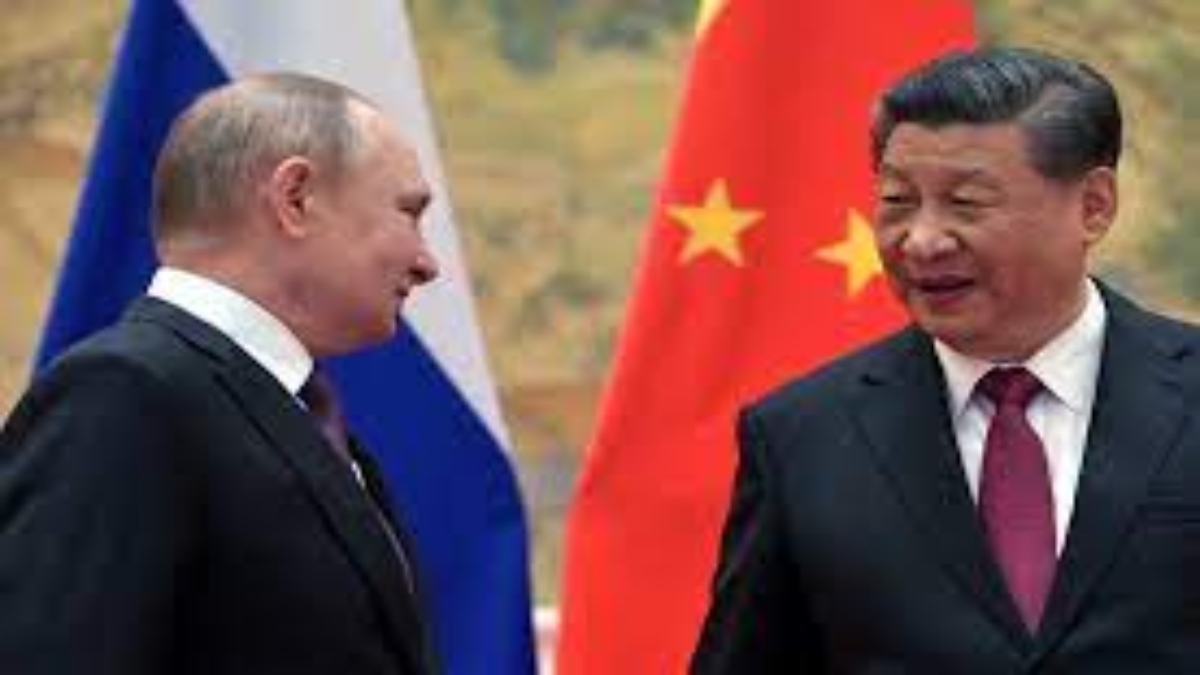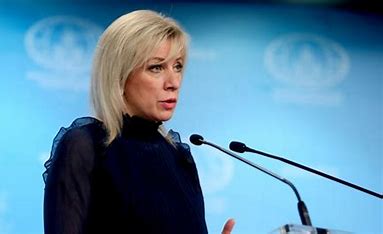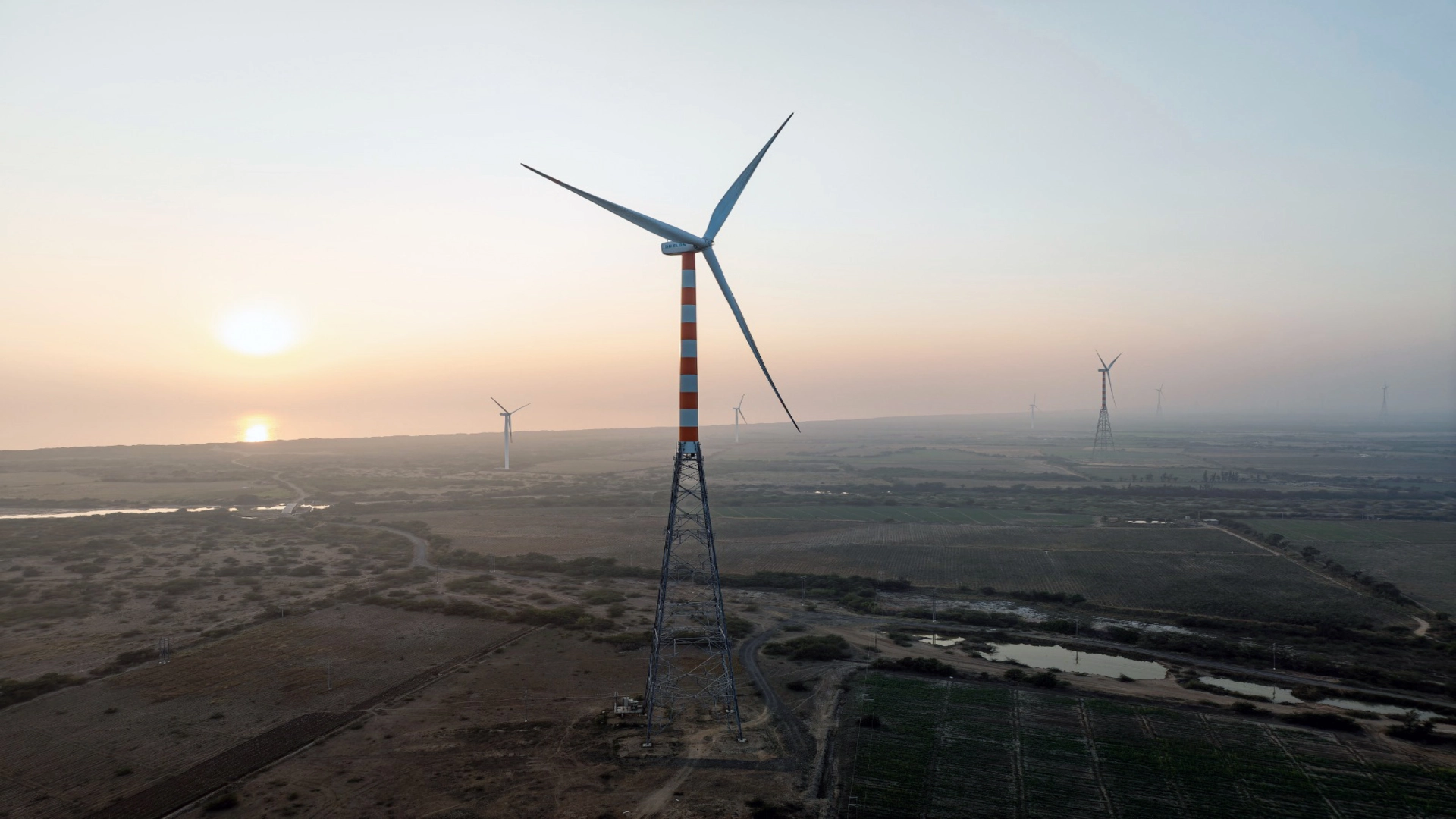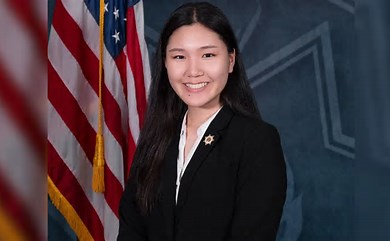
As Russia becomes more desperate thanks to military shortcomings in its unprovoked invasion of Ukraine, China is increasingly taking on the mantle of senior partner.
At the same time, Beijing remains concerned about the signals it is getting from the USA, the latest of which was President Joe Biden’s promise to defend Taiwan against a Chinese invasion. The Shanghai Cooperation Organization summit in Samarkand brought together Chairman Xi Jinping and President Vladimir Putin for a sideline meeting on September 15. It was Xi’s first overseas trip since January 2020, and the first face-to-face meeting between the two authoritarians since Russia invaded Ukraine in February.
The two last met in person on February 4 during the Beijing Winter Olympics. Then, they affectionately boasted of a “friendship between the two states [that] has no limits.” Three weeks later, Putin invaded Ukraine. China has been far from impressed by Russia’s military performance as the war drags on.
Nonetheless, China is a steadfast defender of Russia, avoiding any criticism of Putin, and even refusing to call it a “war” or “invasion.” Because of this, Beijing’s image has been rightly tarnished by its association with a warmonger.
After the Putin-Xi meeting, careful scrutiny of a readout from the Chinese Foreign Ministry indicates Chinese disquiet. On the surface, things look rosy, with comments such as this: “In the face of changes in the world, of our times, and of history, China will work with Russia to fulfil their responsibilities as major countries and play a leading role in injecting stability into a world of change and disorder.” Yet, significantly, gone were the partners’ earlier mentions of cooperation on “the development of the international order and global governance towards a more just and reasonable direction.”
China has certainly not let up on efforts to rewrite the current international system, but it is now reticent to explicitly state that it is doing so hand in hand0
with Russia.















